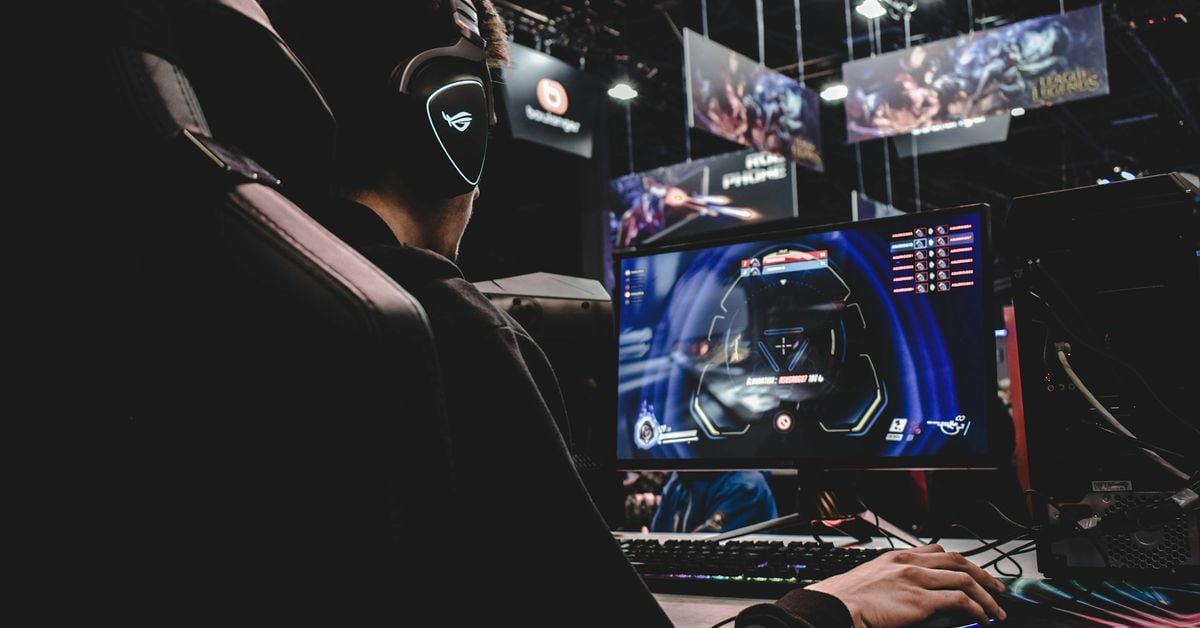Gods Unchained, the popular Web3 trading card game, has introduced a new gameplay format known as “Sealed Mode” in an effort to cater to highly skilled players who may not possess an extensive or expensive card collection. This innovative format draws inspiration from traditional paper collectible trading card games like Magic: The Gathering, offering a fresh and exciting twist to the digital card game landscape.
Sealed Mode, unveiled through a blog post on September 13th, allows players to participate by paying an entry fee of 15 Gods Unchained ($GODS) tokens, equivalent to roughly $2.65 at the time of the announcement. Upon payment, participants receive a unique combination of three gods to choose from as the foundation for their deck. In addition, they are provided with a set of 60 random cards drawn from various Gods Unchained card sets, including Etherbots, Mortal Judgement, Winter Wanderlands, and others.
While the card selection is semi-random, a strategic touch is maintained to ensure the viability of each deck. Specifically, each card pool includes a minimum of 12 cards with a cost of 3 mana or less. Players are then tasked with constructing a minimum 30-card deck exclusively from the cards allocated to them; using cards from their personal collections is strictly prohibited.
The competition within Sealed Mode unfolds until participants either lose three matches or achieve seven victories. As the tournament concludes, players with superior records are rewarded more generously than those with less favorable standings. Additionally, certain cosmetic rewards are exclusively accessible through Sealed Mode, attainable only by players who secure four or more victories in the tournament.
Gods Unchained’s innovative tournament format
Sealed Mode’s introduction to Gods Unchained aligns it with the sealed deck or draft tournaments familiar to players of physical card games like Yu-Gi-Oh!, Pokémon, and Magic: The Gathering. In these traditional games, sealed formats are frequently employed for card collection purposes. However, the realm of digital card games rarely saw the adoption of sealed tournaments due to the absence of card ownership mechanisms.
In contrast, Gods Unchained leverages blockchain technology, where each card is represented by a nonfungible token (NFT) stored on the Immutable X network, a layer-2 solution built on Ethereum. This implementation provides players with true ownership and verifiable scarcity of their in-game assets, enabling the execution of sealed tournaments with a digital twist.
Immutable, the company behind Gods Unchained, has been at the forefront of the Web3 gaming movement. In May, they revealed their plans to develop a wallet application called “Passport,” simplifying the login process for gamers by eliminating the need to memorize seed words. Furthermore, on August 15th, Immutable introduced its zkEVM testnet, a significant development aimed at addressing Ethereum’s scalability challenges for video game enthusiasts.
Sealed Mode’s integration into Gods Unchained not only fosters an inclusive environment for players with varying card collections but also enhances the game’s competitive scene by introducing a strategic layer of randomness. This innovative approach opens up new avenues for both casual and dedicated players to engage with the game, providing an exciting twist to the digital card game genre.
As players compete, rewards are distributed based on performance, with certain cosmetic items exclusively available to successful participants. Sealed Mode’s integration is made possible by the use of blockchain technology, providing players with true card ownership.





